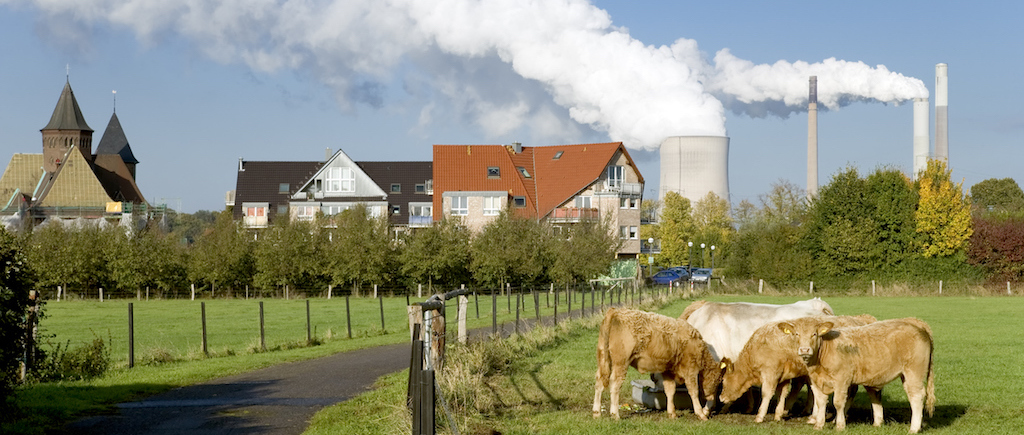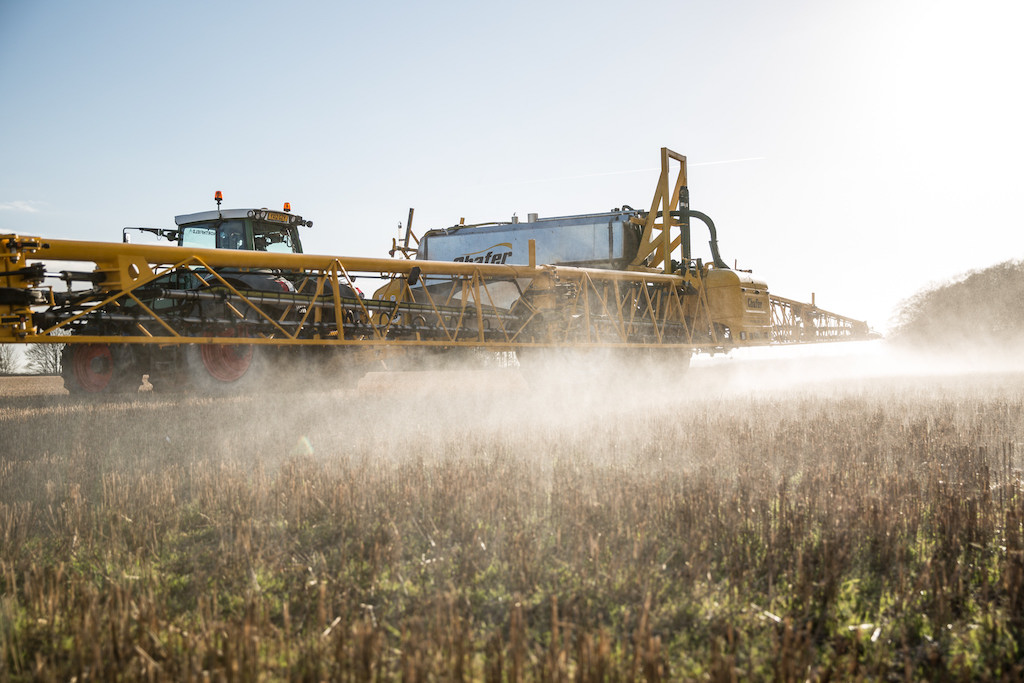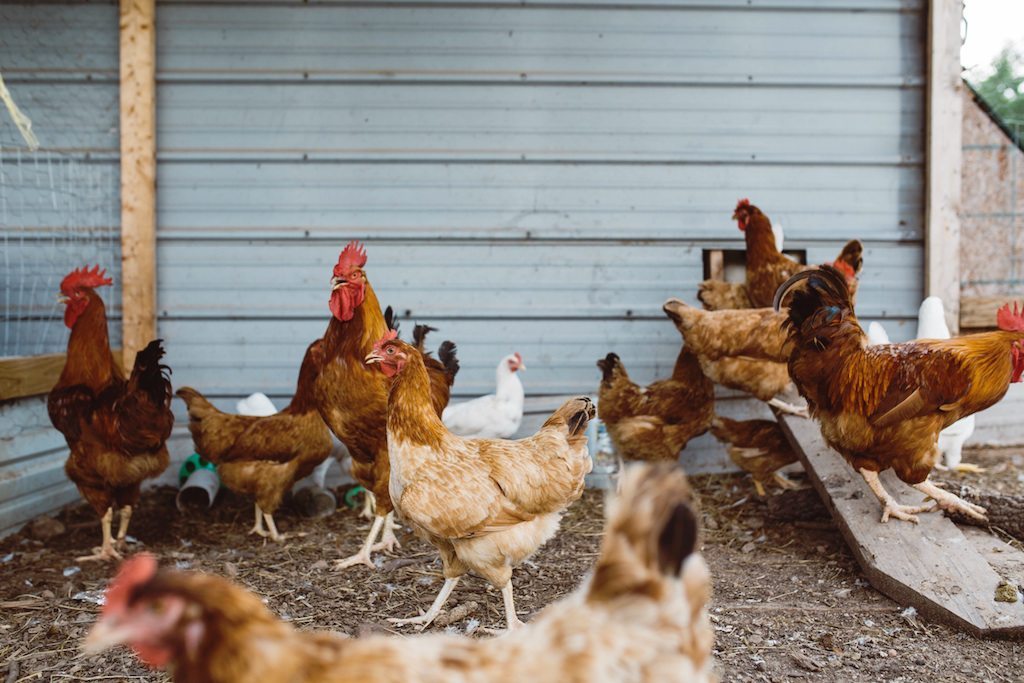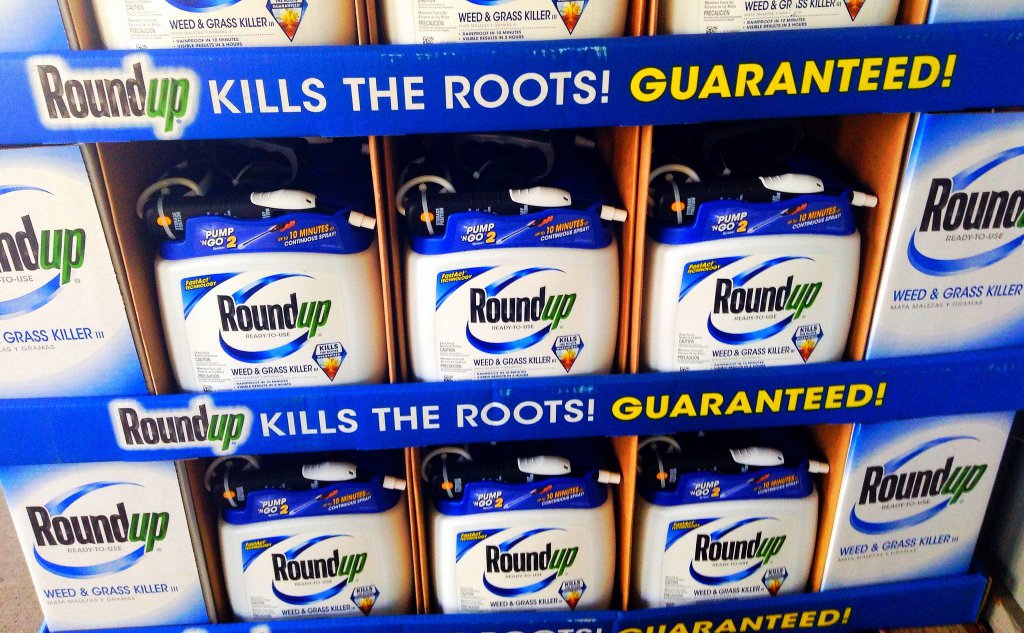This is the web version of a list we publish twice-weekly in our newsletter. It comprises the most noteworthy food stories of the moment, selected by our editors. Get it first here.
Big Seed. Here’s your giant-companies-love-to-merge news of the day, in brief: Bayer. Monsanto. What antitrust? That’s right, after two years and a whole lotta negotiation, Bayer AG, the German producer of pharmaceuticals, consumer products, agrochemicals, and biotech seeds, reached a settlement with the Department of Justice (DOJ) that cleared the way for its $66 billion takeover of American seed-maker Monsanto. As our Joe Fassler reported way back when competitive harm was still a concern, the merger will forge “an agricultural powerhouse on an unprecedented scale”—not to mention one that will have formidable market leverage and lobbying muscle. Bloomberg reports that Bayer has said it’s confident the deal will be final by June 14. So, Baysanto, then? Separately, they were just big. Together, they’re … so much more big.
Gone fishing. The Department of Homeland Security (DHS) has temporarily authorized an additional 15,000 H-2B visas, the kind seafood processing companies rely on to staff their operations. This is the second year that DHS has had to do so. But according to Seafood Source, processors think the stopgap measure isn’t enough and that it’s up to Congress to make long-term changes to the visa program to ensure that companies have the labor they need. After all, labor shortages don’t come cheap. In Bristol Bay, Alaska, which supplies nearly 40 percent of the world’s sockeye salmon, the labor shortage has cost the industry tens of millions of dollars in lost profits, as we reported last year. Given Congress’s inaction on immigration in general, you can expect an upstream battle on this front, too.
Real recognize real. The organics industry may have a crunchy reputation, but it’s big business—growing at six times the rate of the overall food market, according to the Organic Trade Association (OTA). And now that organic has grown into a $50-billion global industry, OTA wants more than ever to maintain consumer trust in the little green seal. That’s why the trade group has worked with a task force of 48 organic stakeholders to design a new fraud prevention program, one meant to make it harder for farms, processors, and importers to misrepresent their production and sourcing practices. Over the next three months, the new regime will be put to the test, Food Navigator reports, with a small group of partners working across the supply chain.
Training day. Starbucks closed 8,000 stores on Tuesday to carry out company-wide anti-bias training. That’s the topline news. But media outlets across the country are far more preoccupied with another story: whether or not that kind of training is effective. The answer seems to be that it depends. Last year, Harvard Business Review reported that diversity training works best when it incorporates perspective-taking (the exercise of walking in someone else’s shoes) and trainee goal-setting (aiming to challenge inappropriate comments, for example). The Review also noted that training over a long period of time seems to be most impactful. According to Starbucks, Tuesday’s training is just that—the beginning of a “long-term” “investment” in the company’s “cultural values.” In other words, its efficacy is TBD for now.
Dinner, displaced. In California, the clearing of a large homeless community along the Santa Ana River also displaced the informal food systems that had grown up around it. Now, the “Lost Boys” are struggling to eat, and the nonprofits and churches that used to serve them food can’t find their old clients. Capital & Main chronicles one man’s fight for food—and the unintended consequences of a county’s push to clear its public spaces.










